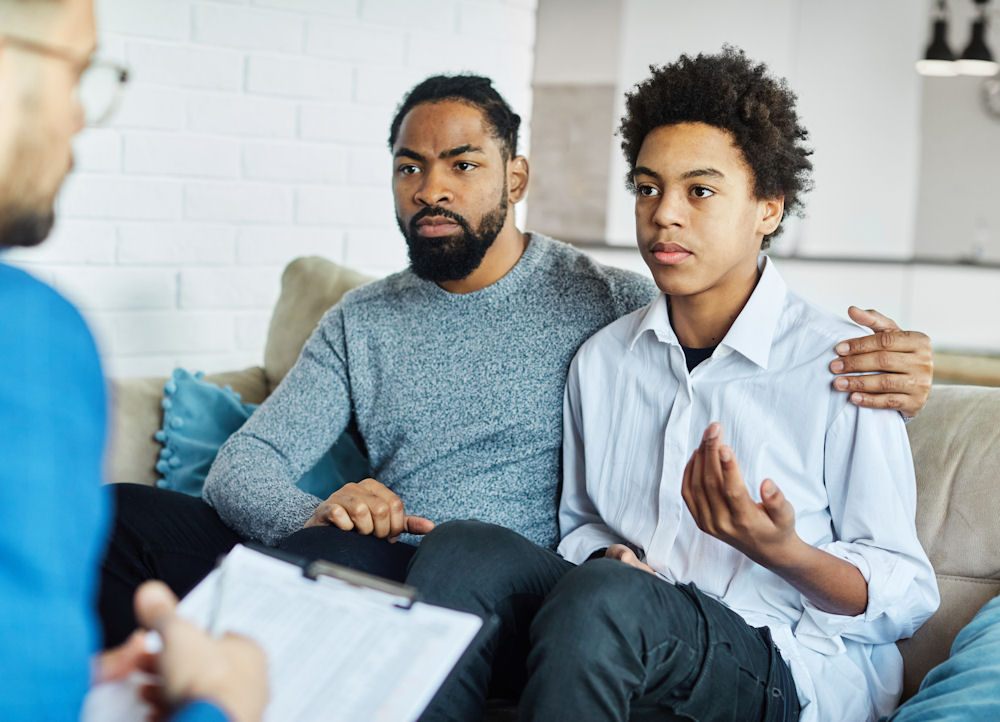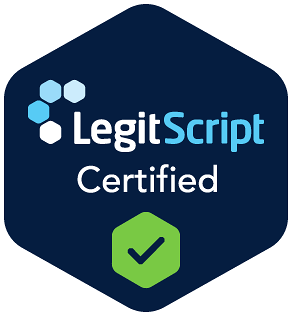Ah, family. The people we would die for but also happily let die for us, depending on who stole your leftovers from the fridge. Family connections make for some of the most complicated relationships that exist today. But what if you could hit the “refresh” button on your family dynamics? Family therapy offers a unique space where everyone can step back, hit pause on the chaos, and explore better ways to connect. No family is perfect, and sometimes you all speak completely different languages. There is a place where your family can untangle those knots together, guided by someone trained to help you communicate more effectively.

Family therapy with a qualified and professional therapist is also a good place to start. A good therapist can help you build the type of family bond, love, respect, and connections that you thought only existed on Hallmark greeting cards. At a reputable detox center in Huntington Beach, CA, like Surf City Detox, family therapy is often integrated into the recovery process to strengthen support systems and promote lasting healing for both individuals and their loved ones.
At Surf City Detox in Huntington Beach, California we offer therapy services and treatment programs to help our clients recover.
What Are The Goals Of Family Therapy?
- Improved communication: Helping family members talk openly and listen to each other with empathy.
- Conflict resolution: Guiding families to resolve disagreements calmly and effectively.
- Stronger connections: Encouraging emotional bonding and mutual understanding between family members.
- Coping with challenges: Teaching families how to handle life’s ups and downs together, like stress, grief, or major changes.
- Building trust and respect: Creating a safe space where everyone feels heard, valued, and respected.
- Learning problem-solving skills: Helping families approach challenges as a team, finding solutions together.
What Are The Different Types Of Family Therapy?
- Structural family therapy: This approach focuses on changing the way family members interact with one another by looking at the family structure and aims to create clearer boundaries, better roles, and healthier relationships.
- Strategic family therapy: The goal here is to address specific issues or problems in the family, like conflicts or communication breakdowns, through focused strategies. It’s about finding solutions and making immediate improvements.
- Narrative therapy: In this type of therapy, family members are encouraged to share their personal stories and how they view their challenges. The therapist helps reframe those stories to create more positive narratives and perspectives.
- Bowenian family therapy: This approach dives into family history and generational patterns to understand how past events influence current behaviors. It encourages personal growth while maintaining healthy family connections.
- Cognitive behavioral family therapy (CBT): CBT focuses on identifying negative thought patterns and behaviors within the family, and changing them. It helps family members learn new ways to think and react in healthier ways.
What Are The Benefits Of Family Therapy For Addiction?
- Stronger support system: Family therapy helps everyone understand how addiction affects the whole family, creating a stronger support network for the person in recovery.
- Improved communication: It teaches family members how to express their feelings, listen to each other, and address issues calmly, which can reduce conflict and misunderstandings.
- Healing broken relationships: Addiction can strain relationships, but family therapy provides the tools to rebuild trust, strengthen bonds, and heal emotional wounds.
- Addressing root causes: The therapy process can uncover deeper issues that may contribute to addiction, such as family dynamics or unresolved trauma, and work through them together.
- Promoting long-term recovery: Family therapy helps create a healthy environment that supports sobriety, increasing the chances of sustained recovery by ensuring the person in treatment feels understood and encouraged.
What Makes Family Therapy A Game-Changer?
Family involvement is key to recovery—learn why in SAMHSA’s advisory ‘The Importance of Family Therapy in Substance Use Disorder’, based on TIP-39.

What Happens In A Family Therapy Session?
- Introductions and goals: The session starts with the therapist introducing themselves and explaining how the process works, and then everyone talks about what they hope to accomplish.
- Open conversations: Family members share their thoughts, feelings, and concerns, while the therapist helps to keep things respectful and productive.
- Guided discussions: The therapist might ask questions to dig deeper into problems or suggest exercises to help improve communication.
- Problem-solving: The family works together to find solutions or ways to cope with difficulties, with the therapist offering tools and advice.
- Reflection: Near the end, the therapist encourages family members to reflect on what they’ve learned and how they can apply it outside the session.
Each session is a chance for families to connect, understand each other better, and make progress toward their goals.
Could Healing Start With Just One Conversation?
How Does Family Support Work As An Addiction Treatment?
In addition, family therapy can help everyone address any issues that might have contributed to the addiction, improving communication and creating a safer, more supportive home environment. Ultimately, the involvement of family helps build a stronger support system that increases the chances of lasting recovery.
What Does A Stronger, Healthier Family Look Like?

Is Family Therapy For Addiction Covered By Insurance?
Improve Your Quality Of Life With Family Therapy
Contact us today and let us help you transform your House of Many Fights into a home that is welcoming, loving, and supportive for each member.
Surf City Detox Accepts Insurance
We accept many insurance plans to help cover the cost of addiction treatment. Contact your provider to get more information or call our office to reach an intake specialist.


















